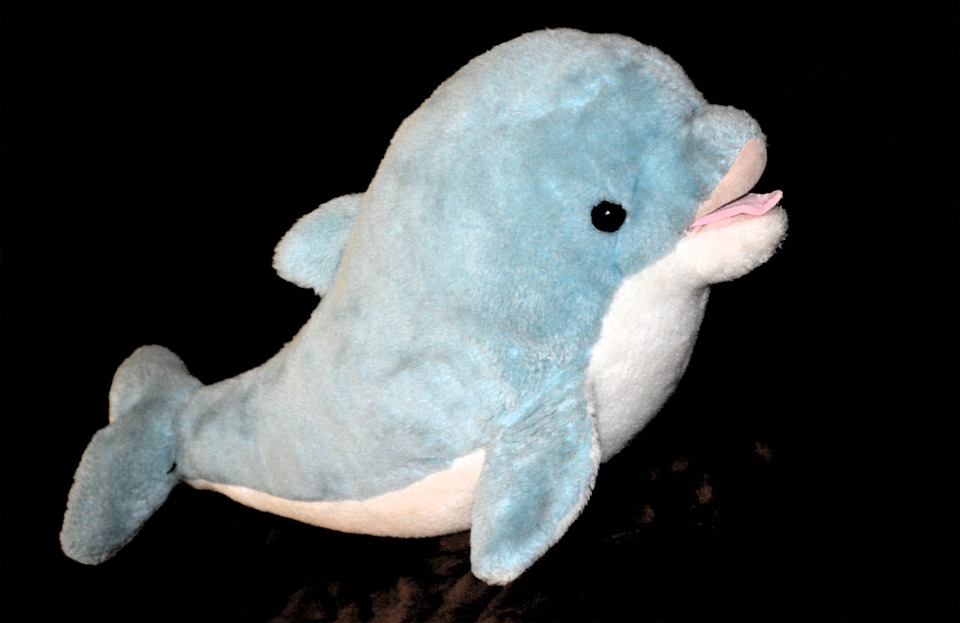Uncovering the Mystery: Why is Your Fish Tank Fish Experiencing Sudden Weight Loss?
Maintaining a healthy and thriving fish tank requires careful attention to various factors. One common concern among fish owners is sudden weight loss in their aquatic companions. In this article, we will delve into the possible reasons behind this mysterious occurrence and provide insights on how to address it effectively. Let’s dive in!
I. Understanding the Factors that Influence Fish Weight:
1. Environmental Conditions:
a. Water Quality: The impact of water parameters on fish health. Poor water quality can lead to stress and illness in fish, resulting in weight loss.
b. Temperature Fluctuations: How temperature affects fish metabolism. Extreme temperature changes can cause fish to lose their appetite and experience weight loss.
c. Oxygen Levels: The importance of adequate oxygenation for fish well-being. Insufficient oxygen levels can lead to stress and reduced feeding behavior, resulting in weight loss.
2. Nutritional Factors:
a. Diet Composition: Balancing nutrients for optimal fish health. A diet lacking in essential nutrients can lead to malnutrition and weight loss in fish.
b. Overfeeding vs. Underfeeding: The consequences of improper feeding habits. Overfeeding can cause obesity and other health issues, while underfeeding can lead to malnutrition and weight loss.
c. Nutrient Deficiencies: Identifying and addressing potential nutrient gaps. A lack of specific nutrients, such as vitamins or minerals, can result in weight loss and other health problems in fish.
II. Common Causes of Sudden Weight Loss in Fish:
1. Disease and Parasites:
a. Bacterial or Fungal Infections: Detecting and treating common infections. Infections can weaken fish and cause weight loss as their immune system fights off the pathogens.
b. Parasitic Infestations: Understanding the impact of parasites on fish weight. Parasites can consume nutrients from the fish, leading to weight loss and other health issues.
c. Viral Diseases: Recognizing viral infections and their effects on fish health. Certain viral diseases can cause weight loss as they affect the fish’s immune system and overall health.
2. Stress and Environmental Changes:
a. Tank Mate Issues: The impact of aggression and bullying on fish stress levels. Aggressive tank mates can cause stress in fish, leading to weight loss and other behavioral changes.
b. Overcrowding: How limited space affects fish well-being. Fish in overcrowded tanks may experience stress, limited access to food, and increased competition, resulting in weight loss.
c. Water Parameter Imbalances: Identifying and rectifying fluctuations in water conditions. Rapid changes in water parameters can stress fish, affecting their appetite and leading to weight loss.
3. Internal Health Issues:
a. Digestive Disorders: Recognizing and resolving common digestive problems. Digestive disorders can interfere with nutrient absorption and metabolism, leading to weight loss in fish.
b. Organ Failure: Understanding the signs of organ dysfunction in fish. As fish age, their organs may start to fail, affecting their overall health and potentially causing weight loss.
c. Age-related Decline: Managing weight loss due to natural aging processes. Older fish may experience weight loss as a natural part of the aging process, but it’s important to ensure it’s not due to underlying health issues.
III. Addressing Sudden Weight Loss in Fish:
1. Observe and Monitor:
a. Regular Observation: The importance of keen observation in detecting weight loss. Regularly monitoring your fish’s appearance and behavior can help you identify weight loss early on.
b. Tracking Water Parameters: Maintaining a consistent log of water conditions. Keeping track of water parameters can help identify any fluctuations that may be causing stress and weight loss in fish.
c. Behavioral Analysis: Assessing fish behavior and appetite changes. Changes in behavior, such as decreased appetite or lethargy, can indicate weight loss in fish.
2. Seek Professional Advice:
a. Consulting a Veterinarian: When to involve an aquatic veterinarian. If you’re unable to determine the cause of weight loss or if your fish’s condition worsens, it’s advisable to seek expert advice from a veterinarian.
b. Local Fish Store Assistance: Tapping into expert knowledge from fish store professionals. Local fish store employees often have experience and knowledge that can help diagnose and address weight loss in fish.
c. Online Communities and Forums: Engaging with fellow fish enthusiasts for guidance. Online communities and forums can provide insights and advice from experienced fishkeepers who may have faced similar issues.
3. Implement Corrective Measures:
a. Adjusting Diet and Feeding Habits: Tailoring nutrition to meet specific fish requirements. Ensuring your fish’s diet is balanced and meets their nutritional needs can help address weight loss caused by dietary deficiencies.
b. Quarantine and Treatment: Isolating affected fish and administering appropriate treatments. If a disease or parasite is causing weight loss, isolating the affected fish and providing the necessary treatment can aid in their recovery.
c. Improving Environmental Conditions: Optimizing tank setup and maintenance routines. Maintaining stable water parameters, providing adequate space, and reducing stressors can help improve fish health and prevent weight loss.
FAQs (Frequently Asked Questions):
Q1. Can sudden weight loss in fish be reversed?
Q2. How can I tell if my fish is losing weight?
Q3. Is it normal for fish to lose weight as they age?
Q4. What are the signs of a parasitic infestation in fish?
Q5. Can stress alone cause weight loss in fish?
Q6. What are some common digestive disorders in fish?
Q7. Should I always involve a veterinarian when my fish is losing weight?
Q8. How often should I adjust my fish’s diet to prevent weight loss?
Q9. Can water quality alone lead to weight loss in fish?
Q10. What should I do if my fish stops eating altogether?
Remember, sudden weight loss in fish should never be taken lightly. By understanding the underlying causes and taking appropriate action, you can help your fish regain their health and vitality. Happy fishkeeping!









